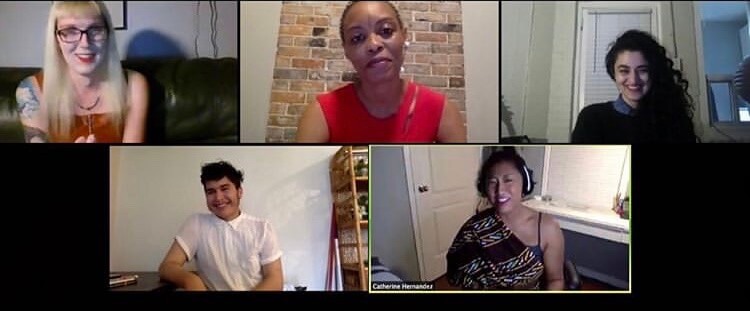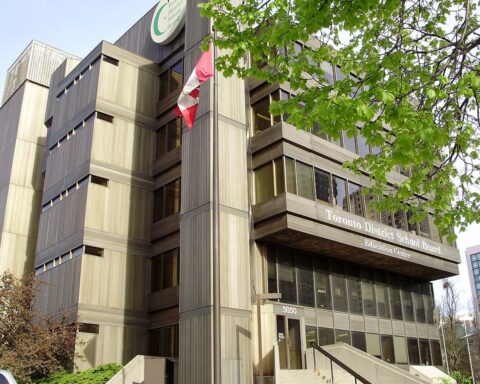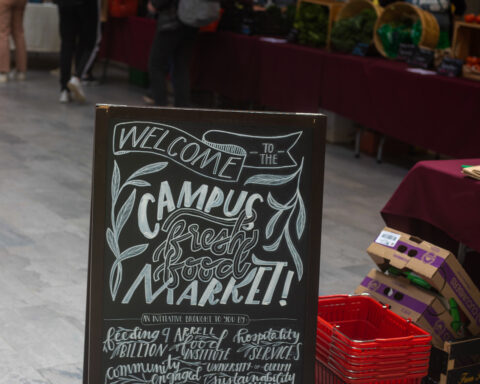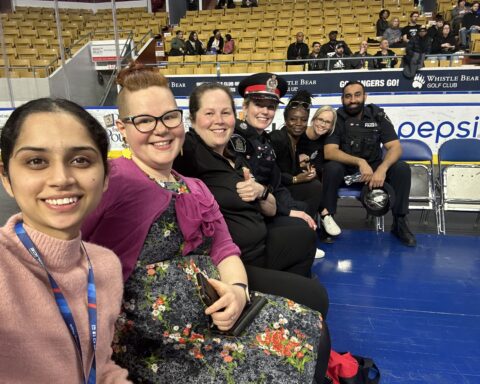The high of winning a literary prize is the culmination of a roller-coaster ride that authors endure. The emotional and physical impact of the often lonely journey manifests in many different ways, as unique as the writers and their lived experiences.
The thrill of winning and the disappointment of losing were at the core of an engaging online panel discussion on the Power and Politics of Prizes as part of the 2020 Festival of Literary Diversity (FOLD). Also explored was the idea of literary awards doing a better job of creating a more equitable framework for authors.
Moderated by Catherine Hernandez, the panel discussion featured Billy-Ray Belcourt, Samra Habib, Kagiso Lesego Molope and Casey Plett.
Hernandez, an award-winning author herself, asked if literary awards should continue with their hierarchical approach or create real opportunities and options for the shortlisted authors. Should they share the glory and prize money too?
The panelists supported a broader method that went beyond reserving the win to a single book.
Barriers for submission in the first place is large. Publishing houses can only submit 1 book a year for certain prizes & that's it. Some awards take self-published books, no restrictions & that opens up the field – @caseyplett on challenges for prize submission #FOLD2020
— The FOLD (@TheFOLD_) April 26, 2020
Belcourt, an author of multiple books, favoured a more egalitarian approach. He often thought of the “onus of the cultural administrators who determine what these awards look like.”
Plett, too, loved the idea of “spreading more around and not just focusing on one book.” She said: “it’s the barriers that stop some stuff to be considered and changing that would be a key part.”
Molope, an immigrant originally from South Africa, shared her experience as a panelist in a jury room. “It’s not only the quality of our work that puts our book ahead of others but a lot of different things happen in the room, that I think writers are not aware of.”
“I think when we go to these rooms we should be prepared to fight for the spaces of marginalized population.”
As an immigrant you're never sure of your place in your new country and I never thought Canadian audiences would embrace me but when I won an award I felt welcome. Home is where you feel welcome. I felt like I had a seat- @kagisobua on the emotion behind winning prizes #FOLD2020
— The FOLD (@TheFOLD_) April 26, 2020
In terms of promotion and marketing of books, Habib said that despite not winning an award, “I became a best seller few hours after I was on the [Canada Reads 2020] show.”
She said appreciated the show’s strategy of promoting all shortlisted authors.
“There’s a machine that’s encouraging readers across Canada to read books by shortlisted authors. It makes us feel like we won instantly,” she said.
Maybe this is an insight that is worth exploring, she said. While there is no guarantee of gaining a bigger audience, authors feel emboldened to keep writing.
Emotional roller coaster
Catherine also alluded to the range of emotions authors go through when nominated for an award.
Molope said she was not sure of her place in her new country until Canadians embraced her work. It was akin to finally being seated at the communal table, she said.
For Plett, all the recognition she got from her books was electrifying. It was as if “life is now changed.”
Belcourt said his emotions were uncontrollable and he started sobbing when he heard his name at an awards ceremony.
He felt that his body went into over-drive and he was no longer in control of his emotions. For him, winning an award was life changing in a number of ways. “Financially, but more importantly in terms of my career as a writer which is just beginning”.
He said while he was overlooked for more awards than the ones he won, “Award losing is a lot less of an emotional affair.”
Things are a bit different for Habib. She has not won an award yet and winning is “kind of a disbelief” for her. She said being a Canada Reads finalist “felt like I won already” as it made her more accessible to readers. “It is validating.”
I'm always very curious about my inclusion in company I'm in, especially when the people in charge aren't diverse…what is it about me that's so appealing when no one else has been historically diverse? – @therealsamsam on negative self-talk when shortlisted for awards #FOLD2020
— The FOLD (@TheFOLD_) April 26, 2020
Complementing Habib’s view, Molope said recognition is vital. “We want to be read and this is the power of the awards.” The journey between being shortlisted to the actual results is full of anxiety and an author is not aware of it until they go through the experience themselves.
Tazeen is based in Mississauga and is a reporter with the New Canadian Media. Back in Pakistan where she comes from, she was a senior producer and editorial head in reputable news channels. She holds a master’s degree in Media and Communication and a certificate in TV program production from Radio Netherlands Training Center. She is also the recipient of NCM's Top Story of 2022 award for her story a "A victim of torture, blogger continues fight for human rights in Pakistan"





